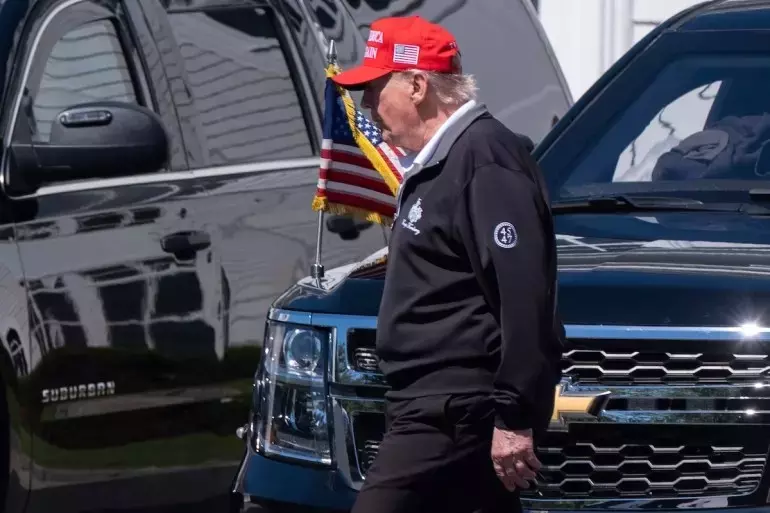
A recent holiday weekend saw an eruption of online speculation concerning President Trump's health, with trending hashtags and viral videos suggesting his death or a severe medical emergency. However, these widespread claims were unequivocally false. The President appeared publicly and was photographed by news agencies, actively refuting the rumors. He even addressed a reporter's question about the death hoax, noting he hadn't seen the specific claims but understood the underlying sentiment when he took a brief break from public engagements.
The origins of this misinformation are multifaceted. A key factor was a misconstrued comment from Vice President JD Vance during an interview, where his remarks about being prepared for the presidency in a hypothetical tragedy were taken out of context. This, coupled with the President's quiet holiday weekend devoid of public appearances, fueled suspicion among certain political commentators and liberal influencers. Exaggerations of Trump's known, but non-life-threatening, health condition—chronic venous insufficiency, which can cause swollen ankles and bruised hands—further amplified the baseless theories, leading some to wrongly infer more serious ailments like strokes or heart attacks. This rapid spread of unverified information highlights the challenges of discerning truth in the digital age, especially when political narratives are involved.
Historically, rumors of leaders' deaths have circulated, particularly when press access is limited or there's an intent to destabilize legitimacy, as seen with figures like Joseph Stalin, Fidel Castro, and Kim Jong Un. This incident serves as a contemporary example of how easily false narratives can gain traction, especially within a highly polarized political environment where individuals may be inclined to believe information that aligns with their biases. It underscores the critical importance of seeking verified sources and exercising discernment to counter the rapid spread of misinformation, thereby promoting a more informed and rational public discourse.
